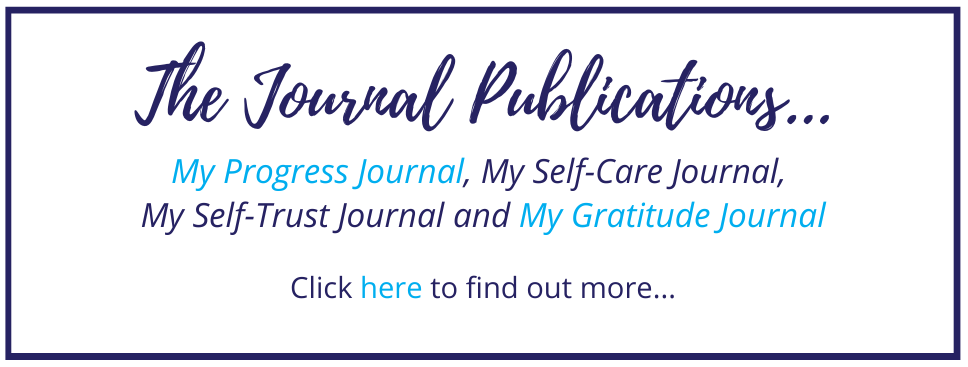7 Attitudinal Foundations of Mindfulness
Jon Kabat-Zinn originally wrote about the 7 attitudinal foundations in his book Full Catastrophe Living and indicated they were –
- Acceptance and acknowledgement – bringing openness to, kindness towards and welcoming of experience just as it is in the moment.
- Non-judging – assuming the stance of impartial witness to any experience (i.e. your thoughts, feelings or body sensations).
- Beginners mind – a mind that is willing to see everything as if for the first time with fresh curiosity and vitality.
- Trust – a faith in the validity of our own experience and allowing you to see for yourself (from your experience) what is true and untrue.
- Non-striving – an attitude of willingness to allow the present to be the way it is without trying to fix things. Striving may interfere with fully knowing the present and so being able to respond to it rather than to react.
- Letting go – simply letting things be as they are – with no need to try and let go of whatever is present.
- Patience – involves balance and fostering wisdom. Equanimity allows you to be with change with greater wisdom and compassion.
Also – Jon has since indicated/updated his 9 attitudes here.
8 Attitudinal Foundations of Mindfulness
Bod Stahl and Elisha Goldstein have tweaked / added to them in Mindfulness-Based Stress Reduction Workbook to create 8 attitudes of mindfulness practice. The following 8 attitudes of mindfulness are the combination of Jon Kanat-Zinn, Bob Stahl and Elisha Goldstein and each of these are essential to mindfulness practice –
- Beginners mind – a mind that is willing to see everything as if for the first time with fresh curiosity and vitality.
- Non-judging – assuming the stance of impartial witness to any experience (i.e. your thoughts, feelings or body sensations).
- Letting be / letting go – letting be is simply letting things be as they are – with no need to try and let go of whatever is present. Whilst letting go is releasing.
- Acceptance and acknowledgement – acceptance is seeing things as they are in this present moment. Whereas acknowledgement validates and acknowledges things as they are.
- Trust and self-reliance – a faith in the validity of our own experience and allowing you to see for yourself (from your experience) what is true and untrue.
- Patience / equanimity – involves balance and fostering wisdom. Equanimity allows you to be with change with greater wisdom and compassion.
- Non-striving – an attitude of willingness to allow the present to be the way it is without trying to fix things. Striving may interfere with fully knowing the present and so being able to respond to it rather than to react.
- Self-compassion – allows you to cultivate love for yourself as you are (without criticism or self-blame).
You can read more about these 8 attitudes of Mindfulness in the Mindfulness-Based Stress Reduction Workbook or the 7 attitudes in Full Catastrophe Living.
References
Kabat-Zinn, J. (1990). Full Catastrophe Living: Using the Wisdom of Your Body and Mind to Face Stress, Pain, and Illness. New York, USA: Bantam Dell.
Stahl, B., & Goldstein, E. (2010). A Mindfulness-Based Stress Reduction Workbook. Oakland, USA: New Harbinger Publications, Inc.


















3 Comments
[…] good reference is the “7 Attitudinal Foundations of Mindfulness.” Jon Kabat-Zin wrote about this in a book, […]
[…] Mindfulness […]
[…] good reference is the “7 Attitudinal Foundations of Mindfulness.” Jon Kabat-Zin wrote about this in a book, […]
Leave A Response